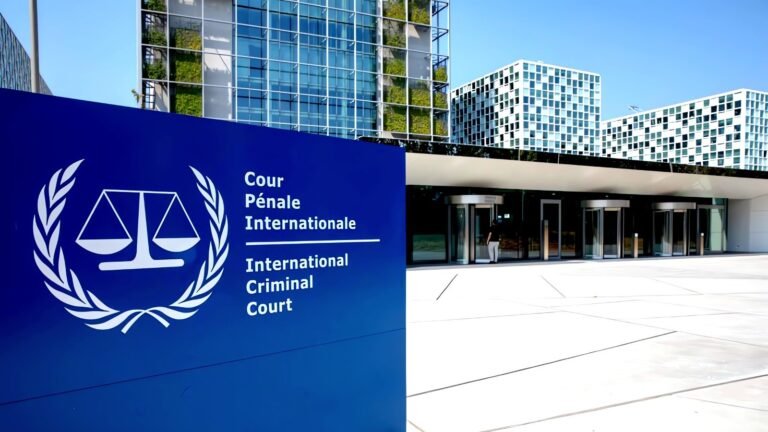Top Highlights
-
The International Criminal Court (ICC) is investigating a recent sophisticated cyberattack, marking the second such incident in recent years, and highlighting ongoing security threats against its systems.
-
The ICC swiftly contained the latest attack using its detection and response mechanisms, but it has not disclosed details about the attack’s nature or potential data breaches.
-
The previous cyber incident in September 2023 was confirmed to be a targeted espionage attempt, raising significant concerns about the Court’s security and integrity.
- Established in 2002, the ICC focuses on prosecuting serious international crimes and has been under heightened security threats, including past attempts to infiltrate its operations.
The Core Issue
On Monday, the International Criminal Court (ICC) announced an ongoing investigation into a recent “sophisticated and targeted” cyberattack that compromised its systems. This incident marks the second notable breach within the past year, with the ICC utilizing its vigilant detection mechanisms to swiftly identify and neutralize the threat. Reporting on the matter, spokesperson Fadi El-Adballah strictly adhered to the information contained in the press release, emphasizing the Court’s commitment to transparency and the need for ongoing support from both the public and its States Parties amidst growing cybersecurity challenges.
The ICC, an international tribunal established in 2002 and headquartered in The Hague, is charged with prosecuting severe crimes that impinge on global peace, such as war crimes and genocide. The recent attack follows another significant breach in September 2023, believed to be aimed at cyber espionage, although it did not result in confirmed data theft. Concurrently, the ICC has faced escalated security threats, notable attempts to destabilize its operations—including an incident involving an alleged intelligence infiltrator posing as an intern—underscoring the precarious landscape of cybersecurity confronting institutions tethered to global justice.
Potential Risks
The recent cyberattack on the International Criminal Court (ICC), marked by its sophistication and targeted nature, underscores a broader risk to other organizations, businesses, and users relying on similar digital infrastructures. Should these entities find themselves similarly compromised, they could face significant operational disruptions, loss of sensitive data, and reputational damage that reverberates through their networks and stakeholder relations. The meticulous methods employed by cybercriminals, particularly those aimed at espionage, not only threaten the integrity of vital systems but also cultivate a climate of distrust among clients and partners. Moreover, the cascading effects of such incidents could lead to tightened regulatory scrutiny, increased cybersecurity costs, and a heightened sense of vulnerability across various sectors. Thus, the ramifications extend far beyond the immediate victim, potentially jeopardizing the stability and trust essential to global commercial and diplomatic engagements.
Possible Next Steps
Timely remediation is crucial in safeguarding institutions that uphold justice, such as the International Criminal Court (ICC), particularly when faced with advanced cyber threats.
Mitigation Measures
- Immediate Incident Response
- Enhanced Threat Intelligence
- User Education and Training
- System Vulnerability Assessment
- Network Segmentation
- Regular Software Updates
- Robust Backup Solutions
- Multi-Factor Authentication
NIST Guidance Overview
The NIST Cybersecurity Framework (CSF) emphasizes the importance of proactive risk management and resilience in the face of cyber threats. Specifically, one should refer to NIST Special Publication 800-61 for comprehensive incident response strategies and frameworks tailored to mitigating cyber incidents effectively.
Continue Your Cyber Journey
Explore career growth and education via Careers & Learning, or dive into Compliance essentials.
Access world-class cyber research and guidance from IEEE.
Disclaimer: The information provided may not always be accurate or up to date. Please do your own research, as the cybersecurity landscape evolves rapidly. Intended for secondary references purposes only.
Cyberattacks-V1

